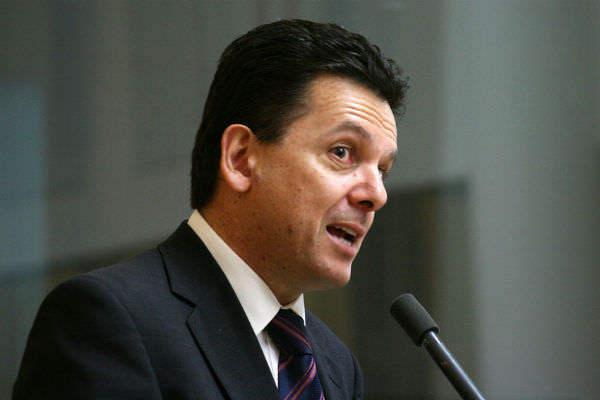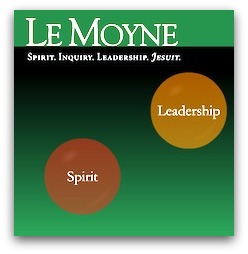Keywords: Disunity In The Year Of The Priest
-

FAITH DOING JUSTICE
- Daniel Nour
- 15 April 2019
We've witnessed this confluence of economic opportunity with aid and development in Indonesia, where our support of local eco-tourism has revived communities with self-sustaining employment opportunities while preserving local rainforests from being felled for wood.
READ MORE 
-

AUSTRALIA
- John Warhurst
- 09 October 2017
4 Comments
The decision by Nick Xenophon to leave the leadership of his Senate team to return to South Australian politics has rattled the political elites in his state and stirred the pot nationally. Xenophon's gamble raises two immediate implications and suggests one bigger and more tantalising question for Australian politics.
READ MORE 
-

INTERNATIONAL
- Daniel Read
- 18 August 2015
12 Comments
The ongoing drama over leadership of the UK Labour Party is raising the possibility of further fractures in the politics of austerity, not just in Britain, but across Europe. The entire political edifice of British politics has shifted so far to the right that even a somewhat inoffensive endorsement of state ownership, anti-austerity politics and trade union support, alongside scrapping the UK's nuclear deterrent and questioning our continued membership in NATO, can appear dangerously radical.
READ MORE 
-

RELIGION
- Andrew McGowan
- 21 August 2012
53 Comments
The Personal Ordinariates established this year in the UK, the USA, Canada and Australia have failed in their stated aim at promoting untity between Catholics and Anglicans. They suggest that the real position of the Vatican on Christian unity is about absorption rather than convergence.
READ MORE 
-

RELIGION
- Frank Brennan
- 04 November 2010
15 Comments
Cardinal Pell, with whom I have voiced disagreement, preached superbly at the mass of thanksgiving after the canonisation of Mary MacKillop. 'She does not deter us from struggling to follow her.' As we wrestle with the common good, let's make a place for all our fellow citizens.
READ MORE
-

AUSTRALIA
- John Warhurst
- 01 December 2009
4 Comments
The Liberal Party now contains deeper and wider ideological
divisions than the Labor Party. This will be true regardless of who
emerges as leader today. The question is whether the party can survive such deep differences without fragmenting.
READ MORE 
-

RELIGION
- Andrew Hamilton
- 10 September 2009
4 Comments
Merely to write for a magazine with high ideals does not guarantee that you live by them. I recalled this recently when I recognised that I had got the facts wrong in a Eureka Street article.
I had to apologise because my erroneous assertion caused avoidable hurt.
READ MORE 
-

INFORMATION
- James McCarthy
- 10 September 2009
1 Comment
Andrew Hamilton's article 'Disunity in the Year of the Priest' alleges that three unnamed priests of the Sydney Archdiocese said their first Mass in Latin. Fr Hamilton clarifies his point and accepts responsibility for a factual error.
READ MORE
-

RELIGION
- Andrew Hamilton
- 30 July 2009
22 Comments
Ignoring divisions is rarely the best way to address them. It may be better to name 2009 the year of priests, not the Year of the Priest, thus recognising the divergent approaches to priesthood within the Catholic Church.
READ MORE 
-

AUSTRALIA
- Troy Bramston
- 09 July 2006
The annual release of the once secret cabinet papers on New Year’s Day is now a political ritual. After 30 years, the public is able to look at cabinet’s deliberations on weighty matters, which have been kept under lock and key for a generation.
READ MORE 
-

AUSTRALIA
- Troy Bramston
- 31 May 2006
Revisiting the government of Billy McMahon
READ MORE 